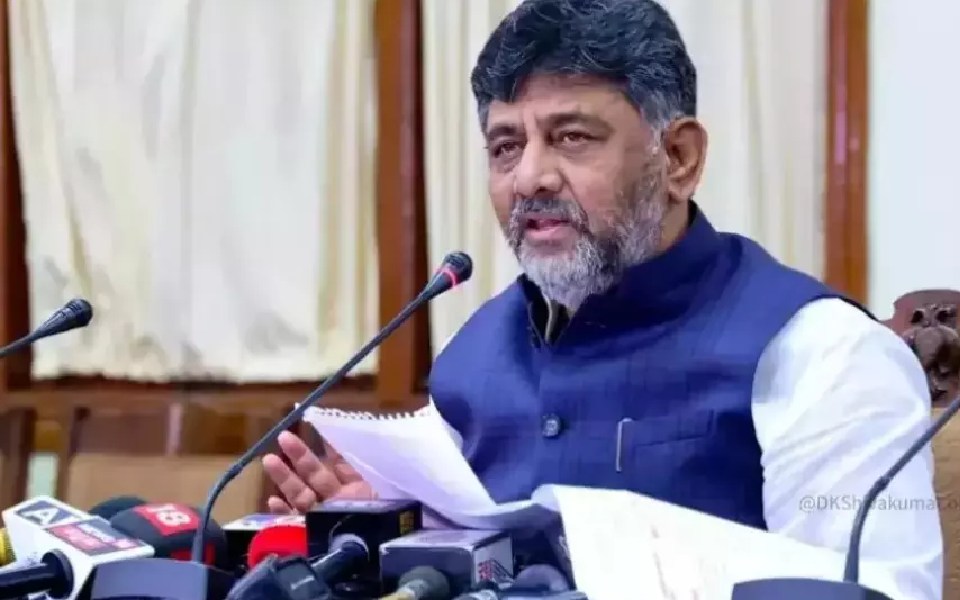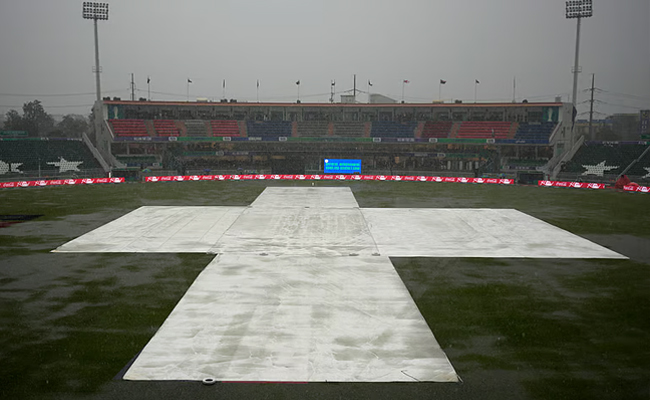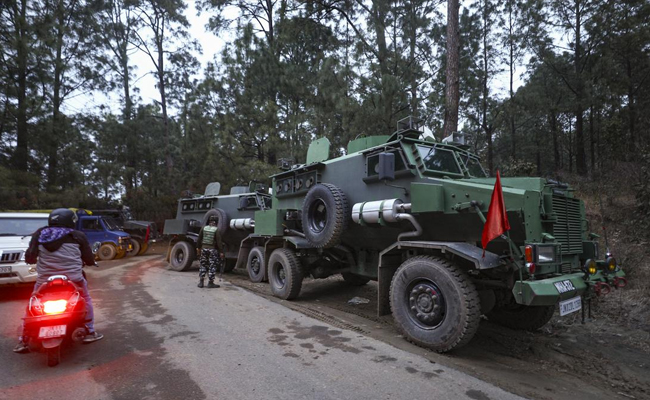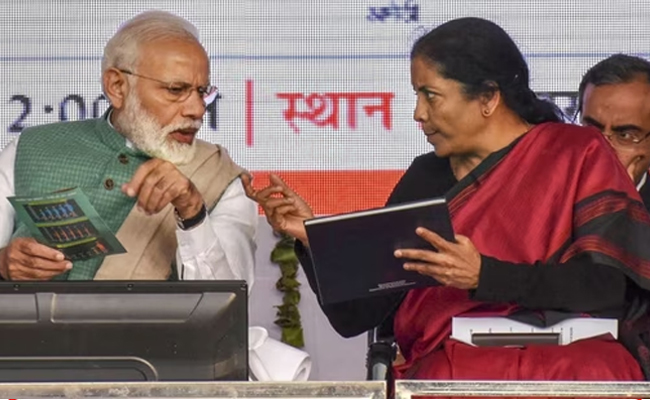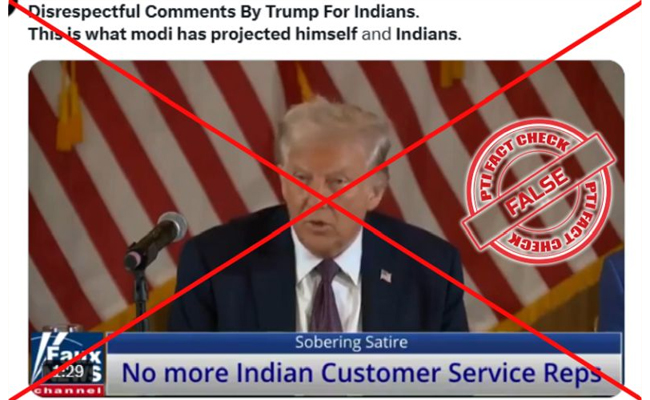Bengaluru: Deputy Chief Minister DK Shivakumar, along with Heavy Industries Minister MB Patil and Forest and Environment Minister Ishwar Khandre, have responded to the request of Legislative Council Member Dinesh Gooligowda to initiate action against water pollution in the Cauvery River.
Legislative Council member Dinesh Gooli Gowda, who has made an announcement in this regard, said, “Deputy Chief Minister DK Shivakumar has ordered the Managing Director of the cauvery irrigation corporation to conduct a site inspection regarding complaints of wastewater discharge into the Cauvery River and to discuss measures taken by local authorities to prevent this pollution.”
ALSO READ: Congress Ministers again push for 3 more Deputy CMs in Karnataka
Similarly, Heavy Industries Minister MB Patil has also issued a directive to the Principal Secretary of the Department of Commerce and Industry, instructing to take appropriate measures to prevent the pollution of river water. Forest and Environment Minister Ishwar Khandre in the meantime has directed the Principal Secretary of the Forest Department to form a committee in collaboration with relevant departments. This committee is tasked with submitting a detailed report within two weeks.
Dinesh Gooli Gowda stated that, “I had requested the Chief Minister Siddaramaiah and Deputy Chief Minister DK Shivakumar to form a committee to prevent wastewater contamination. Now the government has now responded to this request and is actively working to clean the polluted river.”
Let the Truth be known. If you read VB and like VB, please be a VB Supporter and Help us deliver the Truth to one and all.
Rawalpindi (PTI): The Champions Trophy match between hosts Pakistan and Bangladesh here on Thursday was called off without a ball being bowled due to incessant rain.
Hosting an ICC tournament for the first time in 29 years, Pakistan thus ended their disastrous campaign without registering a single victory.
Bangladesh, too, concluded their journey without a win and will go back home with plenty to introspect.
One point will be shared by both teams.
Pakistan has attracted criticism for their forgettable outing in the tournament, which included a six-wicket defeat at the hands of traditional rivals India in Dubai.
This is the second time a match has been called off without a ball being bowled in Rawalpindi, the first being the washout between South Africa and Australia earlier this week.

